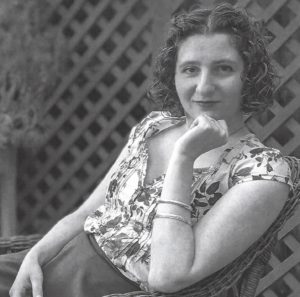
- Fellowship year:2020-2021
- University: Columbia University
- Dissertation Topic/Category: Early Modern Europe
- Dissertation Title: Materials of Science in Norman Sicily: Translation, transmission, and trade in the central Mediterranean corridor
Materials of Science in Norman Sicily: Translation, transmission, and trade in the central Mediterranean corridor considers how scientific knowledge moved through Sicily during the twelfth century by textual and material means. Since the work of Charles Homer Haskins in the early 20th century, historians have credited translations of Arabic and Greek scientific texts into Latin in Norman Sicily with sparking the Renaissance and Scientific Revolution. This narrative has persisted despite a lack of evidence, and so this dissertation argues that rather than a formal translation movement, scientific knowledge was carried through tacit means: by experiential scientific practice, by trade, and through craft tradition. Each of its three parts corresponds to a textual evidence for a Sicilian translation movement, particularly in the texts of the Articella and Ptolemy, and decodes the strategies that medieval Latin readers used to interact with texts originating in other languages, such as illustrations, diagrams, and specialized vocabulary. In spices, it tracks the evolution of the intellectual category of materia medica (literally, "medical materials") into the mercantile category of spices, and the changing value of those spices in Sicily throughout the medieval period in the trade records of the Cairo Geniza and Genoese notarial register. In copper, it takes a close look at the material of copper, which was part of this spices/materia medica category, to catalog the range of its uses that came to define Siculo-Norman material culture. All of these exchanges were concentrated within the sub-region of the central Mediterranean corridor, a closely-connected trail of land and water from the Italian peninsula down to modern-day Tunisia, which encouraged constant movement across political, linguistic, and religious boundaries to create a shared culture. Through this study, I question the ways in which modern scholarship describes the movement of knowledge in multicultural societies and in so doing cast doubt on the foundation story of modern European intellectualism.
